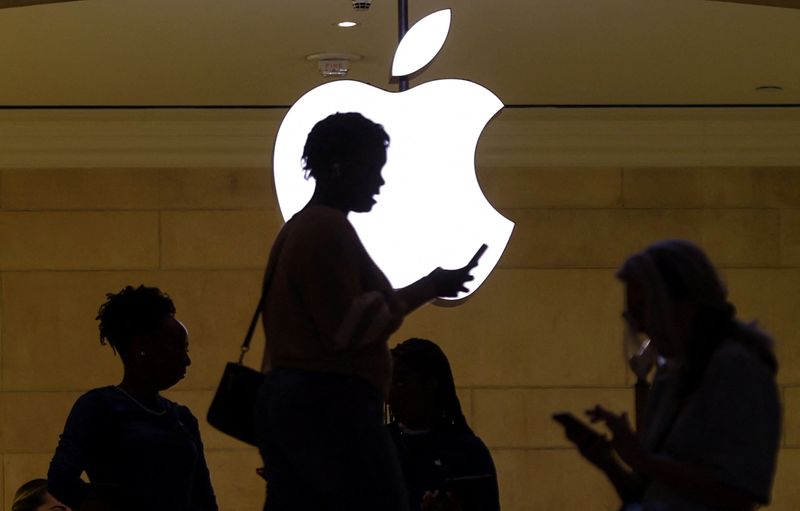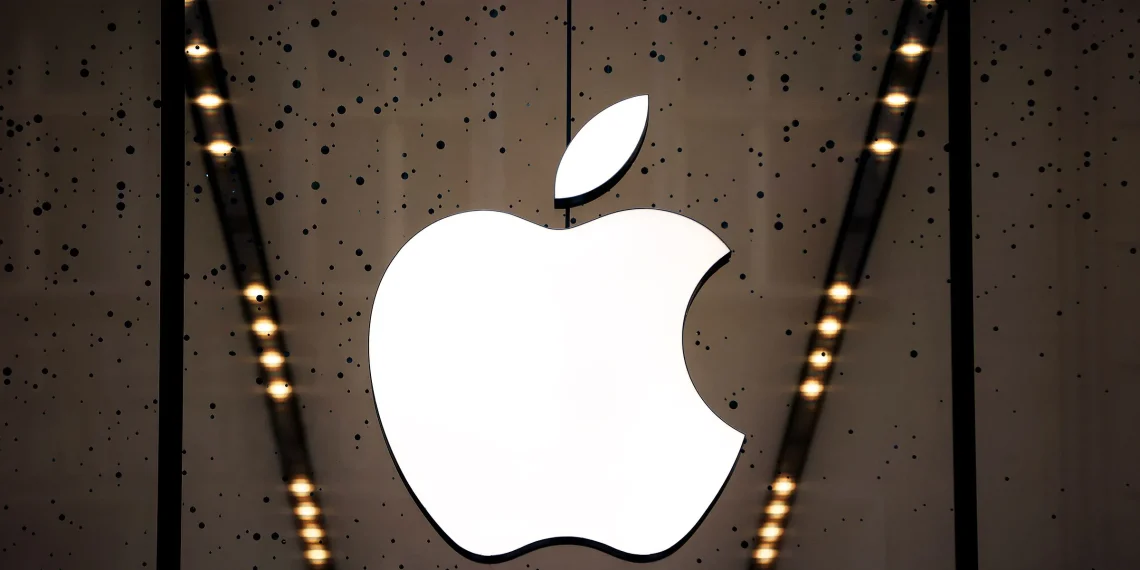Apple and Microsoft have secured exceptions from the European Union’s new tech regulations, sparing iMessage and Bing from compliance obligations. The Digital Markets Act, set to take effect soon, mandates major tech players to allow third-party apps on their platforms and facilitate user switching to competitors.
However, following a comprehensive five-month investigation, the European Commission determined that iMessage, Bing, Edge, and Microsoft Advertising did not meet the criteria as “gatekeeper services.”
While Apple’s App Store, iOS operating system, and Safari browser remain classified as gatekeepers, along with Microsoft’s LinkedIn and Windows OS, iMessage and Bing were deemed exempt.
Apple argued that iMessage usage within the EU is minimal compared to rival messaging platforms, asserting it’s not a crucial channel for businesses to reach consumers in the bloc. Similarly, Microsoft contended that Bing, Edge, and Microsoft Advertising operate as market challengers on a smaller scale, thus not serving as significant gateways for business users.
Both companies expressed their commitment to engage with the Commission and industry stakeholders to ensure compliance with other designated platforms under the Digital Markets Act.

However, the Coalition for Open Digital Ecosystems (CODE), comprising major tech firms like Google and Meta Platforms, criticized the decision, stating it undermines the DMA’s objectives to enhance choice and competition for European consumers.
This exemption underscores the complexities of regulating tech giants and balancing competition in the digital landscape. As the EU continues to navigate the evolving tech market, ensuring fair practices while fostering innovation remains a central challenge.





